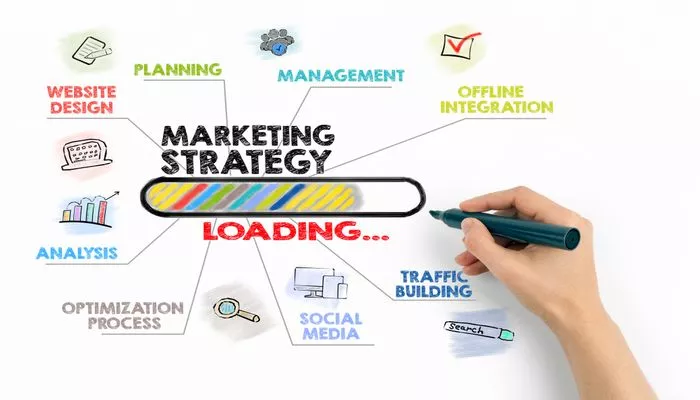Creating an effective marketing strategy for businesses is essential for increasing your customer base, building brand loyalty, and increasing revenue. By utilizing the right strategies, businesses can gain a competitive edge in the market and reach their desired goals. We’ll cover what to consider when crafting an effective marketing strategy for businesses.
- Identify Your Target Audience:
The first step in creating an effective marketing strategy for businesses is to identify your target audience. Knowing who your prospective customers are, their interests, and their needs will help you develop campaigns that will be successful in driving sales. You can also use customer segmentation to further refine your target customer base and ensure that you’re reaching the right people.
- Employ Adaptive Strategies:
Creating an effective marketing strategy for businesses also means that you must be able to adapt and evolve as customer demands and trends change. Being able to adjust your strategies to meet consumer needs will help you remain competitive and successful. As such, Neil Mitchell is to stay up to date on market trends and consumer behaviour to ensure that your strategies are up-to-date and effective.
- Leverage Social Media Platforms:
Social media is an essential component of any effective marketing strategy for businesses. Platforms can help you reach a wide audience and build strong relationships with your customer base. Social media also allows you to stay connected to customers, provide useful content and advice, and promote your products and services.
- Utilize Data-Driven Strategies:
Data-driven strategies are essential for any business that wants to create an effective marketing strategy. By leveraging customer data and analytics, businesses can gain valuable insights into customer behaviour and needs. This data can then be used to develop targeted campaigns and offers that will be more effective in driving sales and engagement.
- Incorporate Content Marketing:
By creating content that is informative, entertaining, and relevant to your target audience; you can build brand loyalty and trust. Content can include blog posts, videos, podcasts, and more, and can be distributed across various platforms to reach a wider audience.
- Measure and Analyze Results:
When creating an effective marketing strategy for businesses, it’s important to measure and analyze the results of your campaigns. This will help you determine which strategies are working and which need to be adjusted. Regularly analyzing results will also give you an understanding of what works and what doesn’t, which can inform future campaigns and strategies.
- Invest in Professional Support:
Investing in professional support is invaluable when it comes to creating an effective marketing strategy for businesses. A professional marketing agency can provide strategic advice and expertise; help you develop targeted campaigns, and track and measure results. Investing in professional support will help ensure that your marketing efforts are successful.
- Set Achievable Goals:
The final step in creating an effective marketing strategy for businesses is to set achievable goals. Setting specific, measurable goals will help you focus your efforts and measure success. Additionally, setting realistic goals will ensure that you don’t become overwhelmed by trying to achieve lofty objectives in a short amount of time.
Conclusion:
Creating an effective marketing strategy for businesses is essential to ensure success. By identifying their target audience, leveraging adaptive strategies, utilizing social media, incorporating content marketing, and setting achievable goals, businesses can create a marketing strategy that will help them reach their desired objectives.













